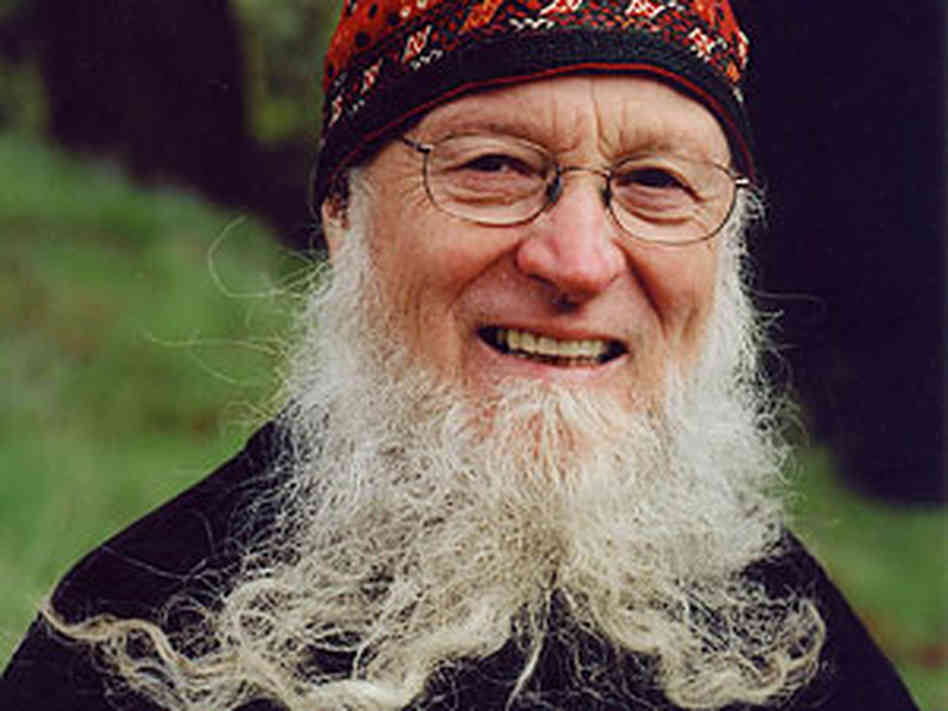American composer Terry Riley turned 80 on Wednesday. He was one of the earliest pioneers of minimalism and experimental music. Riley’s music blends a variety of elements, including jazz and Indian music. A Rainbow in Curved Air, recorded in the late 1960s, influenced ambient and rock musicians, including Pete Townshend and The Who.
One of Terry Riley’s earliest and most influential works is the gradually unfolding In C, written in 1964. In C is built on a continuous repeating pulse on the pitch “C,” which serves as a “metronome” for the other parts. Elements of improvisation make In C sound different every time it’s performed. Instrumentation is left open to the performers. The piece’s blueprints call for 53 short, numbered musical phrases which can be played by any performer. In C’s counterpoint and duration are open to chance as each performer controls when they move on. They must stay within two or three phrases of each other.
It’s important to slow down and enjoy the moment as you approach this music. Listen to the way the music gradually develops out of the opening pulse, moving from one spontaneous adventure to the next. There are moments of incredibly exciting tension and conflict as motives collide and the canonic counterpoint becomes dense. Complex rhythms begin to form as the parts weave together.
This 1990 performance by the keyboard ensemble Piano Circus involves a concert grand piano, upright piano, Rhodes piano, harpsichords, and vibraphone:
Now, for comparison, listen to this contrasting recording by the group Bang on a Can. Also check out Jad Abumrad’s In C Remix.
If you feel inspired, leave your thoughts on In C and Terry Riley’s music in the thread below. Describe your listening experience.


i was reading about igor stravinsky’s arrangement of “the national anthem” and saw this article on the side…here’s a recording i did of “In C” using a visual programming language called Max/MSP
https://soundcloud.com/jonathan_valdez/in-c
the experience of making this made me realize how brilliant the form of riley’s composition was and how innovative it still is.
Thank you for sharing this, Jonathan. I’m glad you found “The Listeners’ Club.”